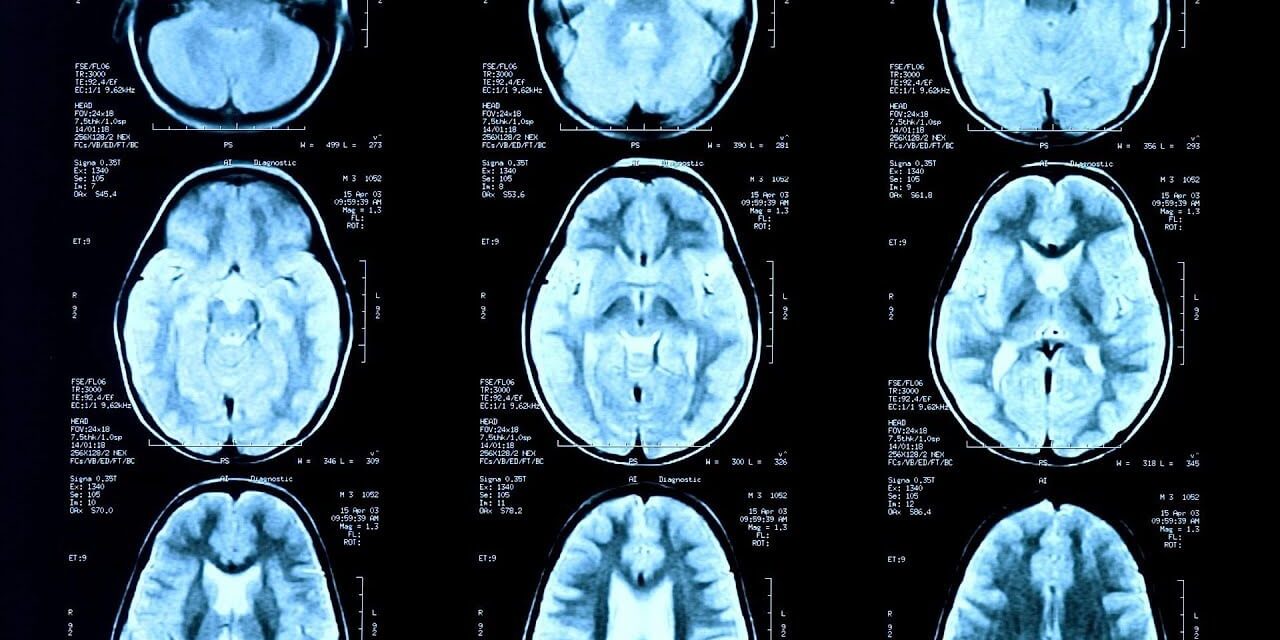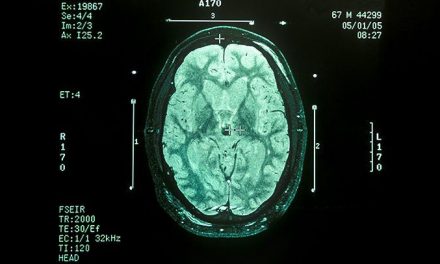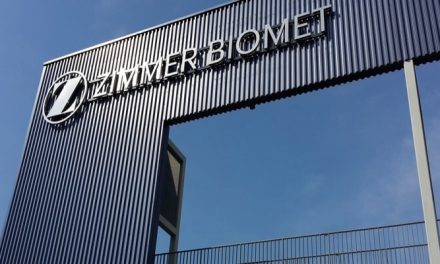Ganaxolone, an experimental treatment currently being developed by Marinus Pharmaceuticals is set to enter the third phase of testing. Recent tests showed its efficacy in helping control epileptic seizures among patients affected by a genetic abnormality referred to as tuberous sclerosis complex (TSC.)
The key issue in TSC is the growth of benign tumors throughout the body, adversely impacting bodily functions, particularly in the brain.
Marinus’ experimental drug notably reduced the frequency of seizures among TSC patients by 16.6%. The testing team noted that seizure frequency was down by half in 30.4% of the patients participating in the study.
Meanwhile, patients suffering from focal seizures (a type of epileptic attack that affects only one side of the brain rather than both hemispheres) found the frequency of their attacks down by over a quarter.
Promising clinical findings on ganaxolone
According to Andrew Tsai, an analyst for the Jefferies Group, the clinical findings show that therapy using Marinus’ ganaxolone has an absolute seizure reduction rate of 17%. While this is a relatively small figure compared to the 30% efficacy shown by Epidiolex, a similar drug derived from cannabis and developed by GW Pharma, and 50% with Affinitor by Novartis, ganaxolone showed a more competitive drug profile for its developer in other aspects of treatment.
Tsai quickly pointed out that the Marinus trials were done with patients whose conditions failed to improve with the aforementioned competitors, making it a possible solution for those with more severe forms of TSC.
At present, the treatment of TSC is centered on controlling symptoms throughout the body. While anti-seizure drugs are a part of the standard regimen, surgery is usually mandated if the tumors prevent organs like the brain, heart, lungs, and kidneys from functioning properly.
At present, Marinus is working on ganaxolone formulations that can be administered orally or through an intravenous drip for TSC, cyclin-dependent kinase-like 5 (CDKL5) deficiency, Lennox-Gastaut syndrome, refractory status epilepticus, as well as a number of seizure-causing disorders.
For his part, Tsai and other analysts note that there is a 75% possibility that the FDA will approve the general use of ganaxolone by the first half of next year.
Meanwhile, Marinus has awarded ganaxolone’s European production and distribution rights to Finnish pharmaceuticals company Orion for a cool $30 million, with an additional $115 million in milestone payments and reimbursement for research and development. The drug will be used to treat TSC, CDKL5 deficiency, and similar illnesses within the European Union, Switzerland, and the United Kingdom.















